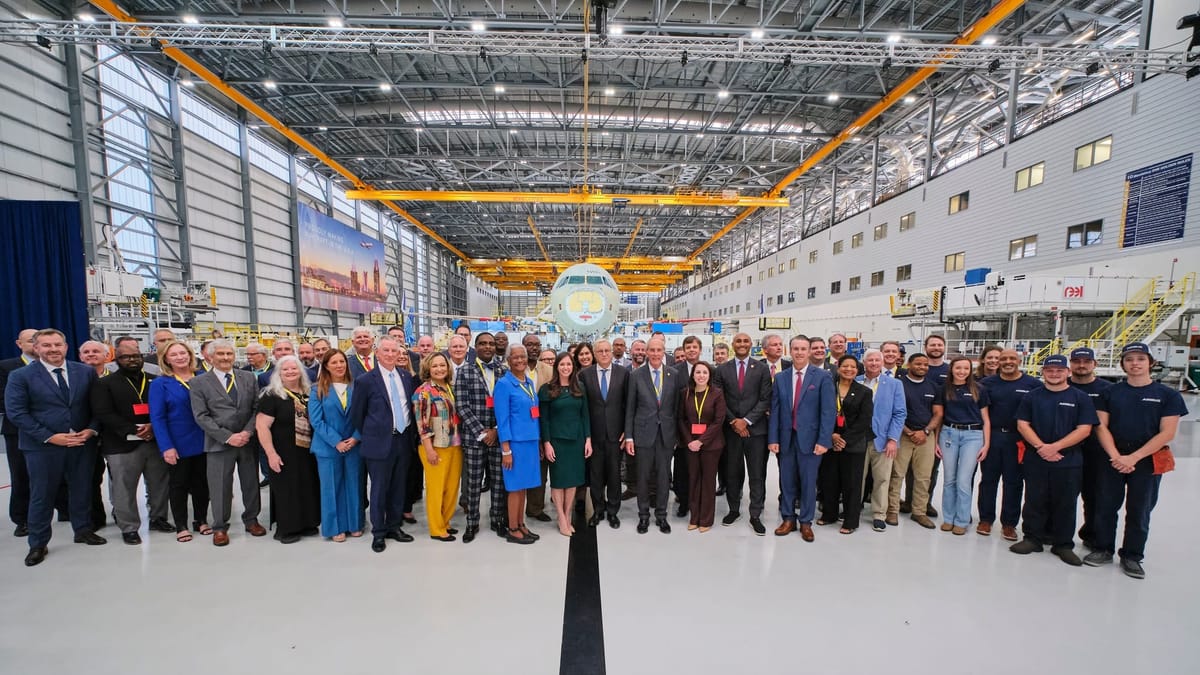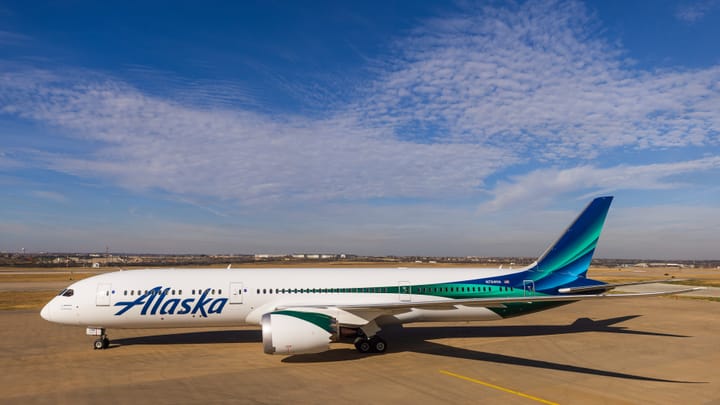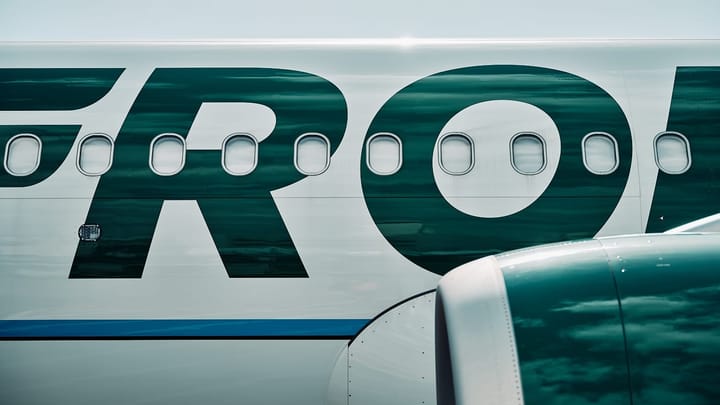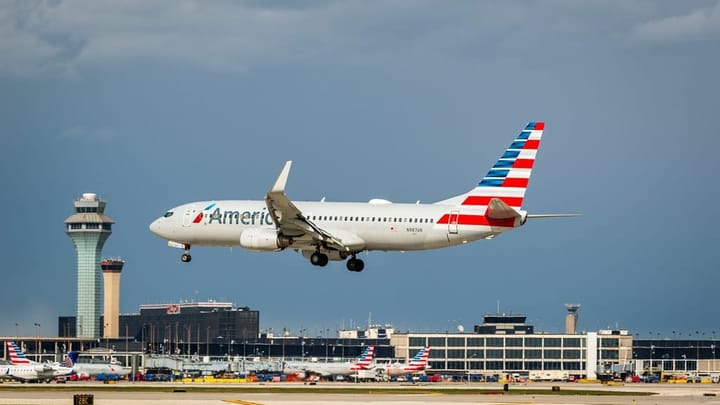Amid trade tensions, Airbus opens its third assembly line in the US
Airbus began building aircraft amid another trade dispute in Mobile, Alabama, in September 2015.

Airbus has officially inaugurated its third Final Assembly Line (FAL) in Mobile, Alabama, with the third line complementing the facility’s other Airbus A320neo family aircraft assembly line as the European planemaker continues moving toward its goal of building 75 A320neo family aircraft per month.
On October 13, 2025, Airbus unveiled its second A320neo, which includes the A321neo and its derivatives, assembly line, which became the third FAL to be online at its manufacturing facility in Mobile, Alabama, the US.
Christian Scherer, the Chief Executive Officer (CEO) of Airbus, said that the second A320neo family aircraft FAL in Mobile, Alabama, located at Mobile International Airport (BFM), was another step in the company’s growth strategy.
“To reach a monthly production rate of 75 A320 Family aircraft in 2027, we have developed a resilient, efficient, and globally diversified network, and with the launch of this second line, Mobile’s production capacity for the A320 Family is effectively doubled.”
Airbus noted that in addition to the FAL, the expansion includes additional double-bay hangars supporting A320neo family aircraft assembly, quad-bay hangars to support A220 aircraft production, extra paint shops, a new distribution center, an expanded transhipment hangar and delivery center, and a new welcome center.
Kay Ivey, the Governor of Alabama, said that the state has been a “top state for doing business, and our tremendous partners like Airbus prove that to be true.”
Reuters previously reported that Airbus should also open another assembly line at its facility in Tianjin, China, to ensure that it does not appear that it favors either China or the US.
Airbus began building aircraft at its assembly line in Mobile, Alabama, in September 2015, announcing the move to open the FAL in the United States in July 2012. Just a year prior, American Airlines made a major announcement and a huge breakthrough for the European planemaker’s sales progress in the US when the airline ordered up to 260 A320 aircraft, including 130 A32neo family aircraft, for its future fleet needs.
The order, which included 100 “of Boeing’s expected new evolution of the 737NG,” essentially kicked off the Boeing 737 MAX aircraft program.
Since then, the floodgates of US airlines' Airbus orders have remained open. As of September 30, 2025, the manufacturer had secured 2,251 orders for A319, A320, and A321 aircraft, including their next-generation derivatives, according to its order and deliveries filings. The number excludes orders made by lessors who would eventually deliver aircraft to US-based carriers.
In an opinion piece on CNBC in 2013, Allan McArtor, the then-Chairman of Airbus Americas, said that while the European aircraft manufacturer had plenty of choices in the US, Alabama’s workforce was vital in the decision to open up the facility in the state. (Alabama is a right-to-work state.)
“We were encouraged by the auto industry’s success in Alabama because its manufacturing aspect is a trained skill similar to that of aircraft assembly.”
At the same time, Airbus and Boeing, and the governments that have supported them, had been presenting their cases before the World Trade Organization (WTO), with both sides alleging illegal subsidies.
In October 2004, the Office of the US Trade Representative (USTR) alleged that over the years, Airbus had “received subsidies in many forms, including launch aid, debt forgiveness, grants, equity infusions, and dedicated infrastructure support,” which seriously distorted the commercial aircraft market, including the then-latest case involving the A380. The USTR called the double-decker “the most subsidized aircraft in history.”
The WTO’s Appellate Body eventually concluded that France, Germany, Spain, and the United Kingdom provided “certain subsidies” that were incompatible with the Agreement on Subsidies and Countervailing Measures (SCM Agreement), which, according to the European Commission (EC), “regulates the provisions of subsidies and provides rules for countervailing measures to offset the injury caused by subsidised imports.”
“[…] the subsidies caused Boeing to lose sales of LCA [large commercial aircraft – ed.note] in the campaigns involving the A320 (Air Asia, Air Berlin, Czech Airlines, and easyJet), A340 (Iberia, South African Airways, and Thai Airways International), and A380 (Emirates, Qantas, and Singapore Airlines) aircraft.”
According to Airbus, the European Union (EU) acted upon the WTO’s findings and recommendations, with the US arguing that these were not compliant with the WTO's conclusions. During the first Trump administration, when the WTO had yet to issue its ruling on whether the EU complied, the US imposed tariffs on EU-imported aircraft and other products.
The WTO approved the tariffs in October 2019, which remained in place until March 2021, when the Biden administration suspended them to resume negotiations on the matter.
However, aircraft manufactured in the US, such as those built in Mobile, Alabama, would not be subject to tariffs. While Trump’s second tariff round exempted aircraft and aircraft parts, the risk that someone will chicken out and/or change their mind has persisted. Case in point: the recent threats against China, and the walk-back regarding a meeting with Xi Jinping, the President of China.
The worst-case scenario of tariffs affecting an aircraft program unfolded when the US, led by the first Trump administration, slapped a preliminary 219.63% tariff on the CSeries, after Boeing alleged that the Canadian and Quebec governments had provided “countervailable subsidies.”
While the tariff was later lowered to 79.82%, and eventually overturned in January 2018, the damage had been done to the already-struggling Bombardier. Airbus began scooping up the program, later renamed to the A220, dedicated to the initial – rounded-up – tariff number.
Following an initial 50.1% stake purchase in June 2018, the European planemaker bought out the Canadian manufacturer’s remaning 25% shares in the CSeries program in February 2020.
In February 2018, the US International Trade Commission (USITC) concluded that Delta Air Lines’ plans to import CSeries aircraft into the US do not materially affect the import of 100-to-150-seat LCAs from Canada.
The European planemaker also builds some of its A220s in Mobile, Alabama, delivering them to US-based customers such as Breeze Airways, Delta Air Lines, and JetBlue from BFM to their hubs and/or bases.




Comments ()